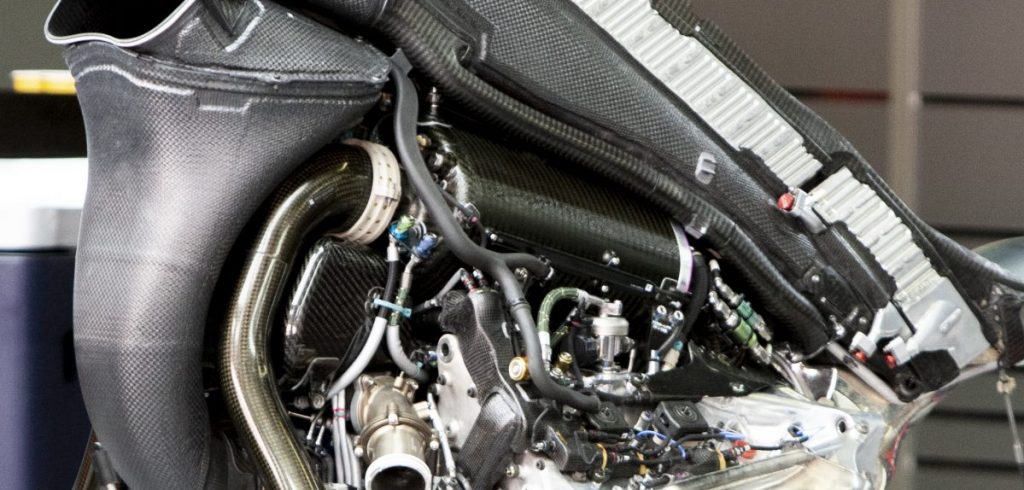Honda, which suffered a torrid time on its return to F1 with McLaren, has seen an upturn in its fortunes following its 2018 partnerships with AlphaTauri and, from 2019, Red Bull Racing (RBR), securing two race wins in 2020. However, this growing success has not proved sufficient for the Honda board, which has announced it will cease its involvement in the sport at the end of 2021.
According to Honda, it has decided to strive for the “realization of carbon neutrality by 2050”. As such, the company feels it needs to funnel its corporate resources for research and development into future power unit and energy technologies, including fuel cell vehicle (FCV) and battery EV (BEV) technologies, which it sees as the core of carbon-free technologies.
As a part of this move, in April of this year, Honda created a new center called of Innovative Research Excellence, Power Unit & Energy. Honda says will allocate its energy management and fuel technologies as well as knowledge amassed through F1 activities to this department.
Where this leaves its customer teams is as yet unknown. The current engine regulations will be frozen through to 2025, at which point, new, yet-to-be-formulated rules will arrive. With Red Bull having had a fairly acrimonious split with Renault, and Mercedes and Ferrari likely unwilling to supply a main competitor, its choices are limited. However, under the current rules, the PU manufacturer with the least number of customers (Renault) is required to supply any team left without an engine deal.
There is of course the option for Red Bull to develop its own power unit, potentially based on IP licensed from Honda, and with the assistance of outside partners. For example, Honda worked with Ilmor to overcome some of its early challenges and the Brixworth-based company has the in-house manufacturing capability to produce much of the hardware. RBR also has considerable development capability and has contributed toward advancement of the current Honda PU.
The marketplace for hybrid systems is also much evolved from 2014, when the current ruleset arrived, and third-party supply of elements such as the MGU-K and -H is certainly possible (the current PU suppliers already work with external suppliers in this area).
Finally, with the rules frozen from the end of 2021, there is a faint potential Honda could still manufacture engines for RBR, with skeleton technical support, giving the outfit breathing space to develop its own solution for 2025 onward.



